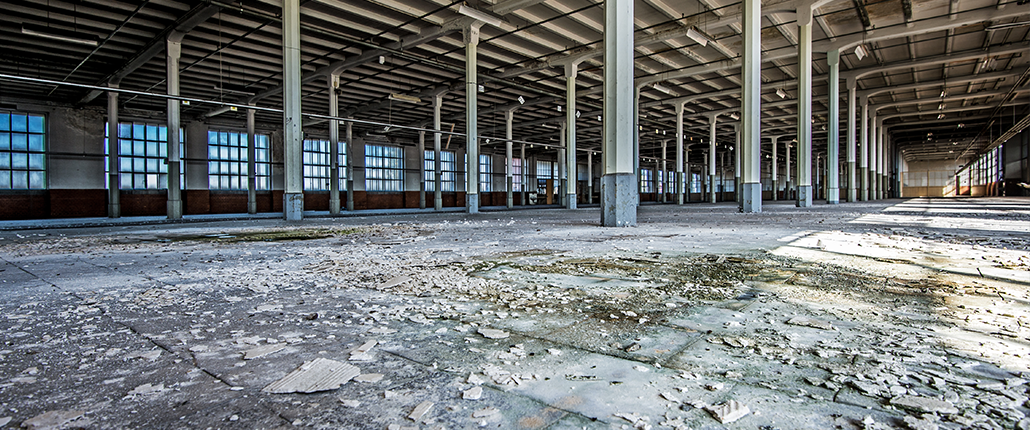
Fight against urban wasches: acquisition by the municipality of vacant properties without master
Where a building is in a State of abandonment, the municipality of the territory on which it is situated may decide to implement a procedure to cease the possible peril and acquire, where appropriate, the immovable property in question. A vacant property without a master is a good that has no known owner and can, under special conditions, become owned by the municipality. Two categories of vacant property giving rise to two legal procedures exist:
- The first category refers to the property of which the known owner has died whose succession has been open for more than 30 years and of which no successor has been present (art. L. 1123-1, 1 ° of CG3P).
For this category of property, the legal regime that applies is simple (art. 713 of the Civil Code): these properties belong to the municipality on whose territory they are located. However, if the municipality waives to exercise that right, the State becomes its owner. On the other hand, the property of persons who die without heirs or whose estates are abandoned and which are said to be “dormant” remain, in accordance with article 539 of the civil code, ownership of the State.
2. The second category refers to vacant property without a master, without known owners and whose property taxes have not been paid for more than 3 years (or have been paid by a third party): in this case, the property is incorporated in the area of the municipality s specific procedure. The strict procedure is described in articles art. L 1123-3 and R. 1123-1 of CG3P:
- The Mayor observes the situation by decree after the opinion of the Municipal Commission of direct taxes.
- Publish and display the order. If no owner has been known within 6 months of the last publicity formality, the property is presumed to be without a master.
- Within a period not exceeding 6 months, the Municipal Council takes a deliberation deciding on the incorporation of the property into the communal area. Beyond this period the State is deemed to be a full proprietor.
- The Mayor observes this incorporation by municipal Decree.
If the legal procedure for the incorporation of the property to the benefit of the municipality differs according to the nature of the property, the accounting procedure for integration into the asset is unique. This is a budgetary operation, so there is a mandate and title issued by the authorising officer. If the property was estimated by the domain service then it is then incorporated into the asset for its estimated value. For this the authorising officer must transmit the information to the accountant by communication:
- a mandate to the 21X account to determine the registration of the asset to the community’s assets
- a title to the 13X account (1 or 2 depending on whether the asset is depreciable or not)
Partager cet article
About Salvia Développement
For more than 30 years, Salvia Développement has been providing its clients with expert solutions that meet the needs of the “Finance”, “Project Management” and “Technical & Energy Management” departments of local authorities, social landlords, real estate developers and property developers. all actors in the real estate project management and new issues such as the dematerialization of invoices and flows. Present throughout the metropolitan area and overseas territories, the company combines innovative technologies and business expertise.


